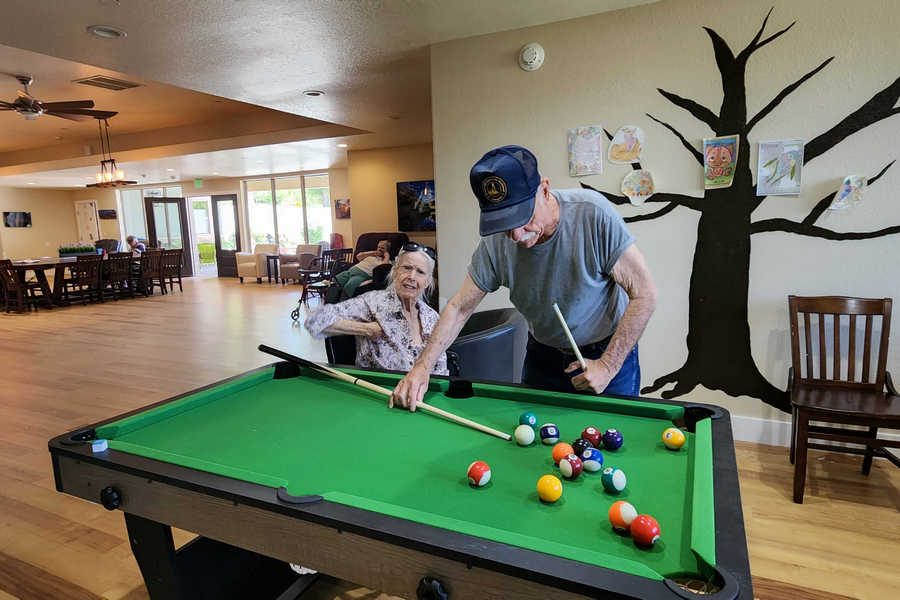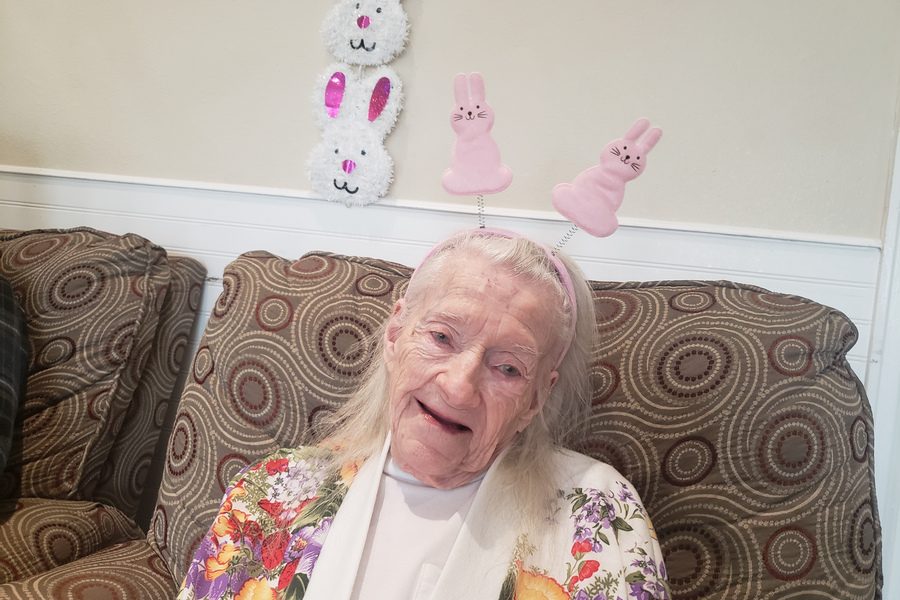


Understanding how to cultivate independence in elderly memory care residents is crucial to providing the best possible care for our loved ones. Unfortunately, it’s too easy for seniors with memory impairments to feel powerless and dependent. Still, by supporting and encouraging their independence, we can help them maintain a sense of purpose, self-worth, and dignity.
This article will explore why cultivating independence matters for elderly memory care residents and provide practical tips for effectively doing it. Whether you’re a caregiver, family member, or friend of someone with memory impairment, this information can help you better support and encourage their independence.

Cultivating independence is essential for several reasons, including:
• Promoting a Sense of Purpose – When elderly memory care residents can perform tasks and make decisions independently, they feel a sense of purpose and accomplishment. This can boost their mood and overall well-being.
• Maintaining Self-Worth – Many seniors who require memory care may have lost their sense of worth or value. Cultivating independence can help them feel valued and respected as individuals with unique skills and abilities.
• Preserving Dignity – Providing care can sometimes feel intrusive or demeaning for elderly memory care residents. Encouraging independence helps maintain their sense of dignity and autonomy.

Here are five practical tips for how to cultivate independence in elderly memory care residents:
1. Provide Opportunities for Choice – Offering choices can help elderly memory care residents feel empowered and in control. For example, let them choose what to wear or activities they like.
2. Break Tasks into Manageable Steps – Complex tasks can overwhelm individuals with memory impairments. Breaking tasks into smaller, manageable steps can make them feel more achievable and reduce frustration.
3. Encourage and Praise Effort – Even small successes should be celebrated and praised. This helps seniors feel accomplished and motivated to continue trying.
4. Use Visual Cues and Reminders – Visual cues, such as signs or labels, can help memory care residents remember where things are and what tasks need to be done. Reminders, such as alarms or calendars, can help keep them on track.
5. Foster Social Connections – Social connections are essential for overall well-being but can be especially meaningful for elderly memory care residents. Encouraging interactions with others can help them feel connected and engaged.

We must prioritize cultivating independence in our elderly loved ones who require memory care. It’s crucial for their overall well-being and quality of life.
As caregivers, family members, or friends, we can do our part by providing them with opportunities for choice, breaking tasks into manageable steps, and encouraging their effort. Visual cues, reminders, and fostering social connections are additional ways to support their independence.
Remember, even in the face of memory impairments, our elderly loved ones still have unique skills and abilities. So let’s do all we can to help them maintain their sense of purpose, self-worth, and dignity.
Would you like to know more about memory care? Are you looking for a beautiful memory care home for a family member? Take a virtual tour of Applewood Our House today.